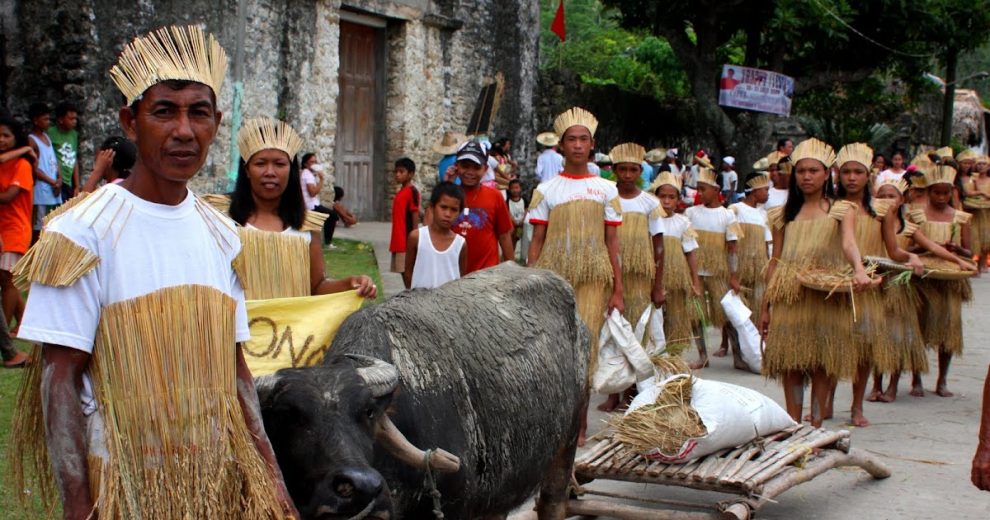The Abaknon people are an indigenous group who inhabit the island of Capul in the province of Northern Samar, Philippines. This unique community has a rich cultural heritage, a distinct language, and a deep connection with their ancestral lands. Despite facing challenges in preserving their traditions and way of life, the Abaknon people continue to thrive and safeguard their identity in a rapidly changing world.
Historical Background:
The Abaknon people are believed to be descendants of the ancient islanders who inhabited the Philippines long before Spanish colonization. They have a rich oral tradition that narrates their migration from the mainland to the island of Capul. For centuries, they have relied on fishing, farming, and trading as their primary means of livelihood.
Language and Culture:
The Abaknon people have their own language, also known as Abaknon. It is an Austronesian language, which is part of the larger Visayan language family. Although Tagalog and English are widely spoken in the Philippines, the Abaknon language remains a vital aspect of their cultural identity. Efforts are being made to preserve and promote the Abaknon language through language revitalization programs and the inclusion of Abaknon lessons in local schools.
The cultural traditions of the Abaknon people are deeply rooted in their daily lives. They have a strong connection with nature and believe in the importance of environmental stewardship. Traditional rituals, dances, and music play a significant role in their social gatherings and celebrations. Their distinct handicrafts, such as intricately woven mats and baskets, showcase their craftsmanship and creativity.
Challenges and Resilience:
Like many indigenous communities, the Abaknon people face various challenges in the modern world. Encroachment of their lands, limited access to education and healthcare, and the erosion of their cultural practices due to external influences are among the pressing issues they confront. However, the Abaknon people have shown remarkable resilience in preserving their cultural heritage.
Community initiatives, supported by government and non-governmental organizations, have been crucial in empowering the Abaknon people to protect their rights, lands, and cultural practices. These efforts include the establishment of indigenous schools, the promotion of sustainable agriculture, and the revitalization of traditional crafts and practices. Additionally, the growing recognition of indigenous rights in the Philippines has helped raise awareness about the Abaknon people’s unique identity and the importance of cultural preservation.
Conclusion:
The Abaknon people serve as a testament to the resilience of indigenous communities in the face of social, economic, and environmental challenges. Through their commitment to preserving their language, cultural traditions, and ancestral lands, they embody the spirit of cultural diversity and heritage conservation. It is essential for society to recognize and support the Abaknon people’s efforts in safeguarding their identity, as their knowledge and wisdom contribute to the richness of our global cultural tapestry.



















Add Comment